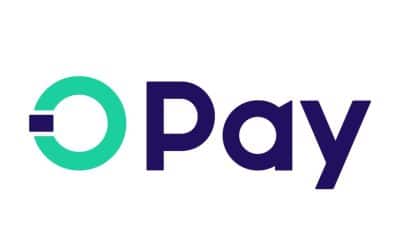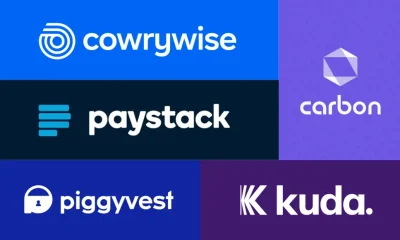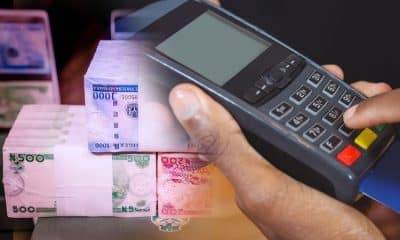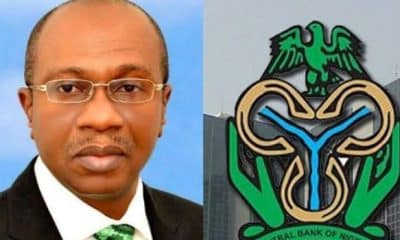Business
Nigerians’ Spending On e-Bills Surges By 387% – NIBSS

Nigeria Inter-Bank Settlement System Plc (NIBSS) has reported massive patronage and spending on electronic bills by citizens in the first quarter of 2022.
The financial institution owned by all licensed banks in the country, revealed in its latest data report that money splashed on electronic bills such as power and other utilities by Nigerians surged by 387.19 per cent from N189.50bn in the first four months of 2019 to N923.24bn in the corresponding period of 2022.
The reported data indicate an increase in the use of e-channels by Nigerians over the months since the outbreak of the COVID-19 pandemic, Naija News understands.
The e-bills payment is understood to be everyday digital payments that are seamlessly done online, including real-time transaction reporting, biller notification, and easy reconciliation.
Even more, e-BillsPay facilitates the payment of Bills, Fees, Levies, Premiums, Subscriptions etc. by the banking public through electronic payment channels provided and managed by Banks.
According to the NIBSS, e-BillsPay touch points include bank branches, Internet banking, mobile banking, USSD, and agent networks.
According to NIBSS, in the first four months of 2019, N189.50bn was paid through e-BillPay channels; in the first four months of 2020, N363.87bn was paid through these channels.
The data shows sustained growth in the channel of payment as N716.99bn was paid between January and April of 2021, while N923.24bn was paid in the corresponding period of 2022.
In his remark about the massive increase in the payment channel, the National President of the Association of Mobile Money Agents in Nigeria, Victor Olojo said, “Primarily, the increase in mobile usage and mobile payment has helped very aggressively in e-bills payment as people now have access to mobile phones and are now able to do payments themselves.
“Secondly, financial inclusion; more people have access to finance and that way they can link their accounts to their mobile numbers to carry out transactions. Also, a bulk of e-bills payments have to do with utilities, PayTV, and power. More Nigerians have been able to embrace mobile banking.”
The financial expert observed that the surge is likely to continue as it ushers in ease of payment. He added that with an increase in demographic expansion, more people now have access to this form of payment.
Olojo acknowledged that telecommunication companies were making it easy for Nigerians to carry out transactions, and the rise of fintech was also fuelling new growth.
In addition, Olojo said, “COVID contributed to the growth of electronic payment. It taught us many ways of doing things differently. For things we thought needed a second party to carry out, COVID has shown us that we can do them by ourselves.
“COVID helped the adoption of this channel. Many people would rather before now go to the bank to make some payments, but these days people use e-channels. States have also integrated their payments, statutory payments, e-payments, and payments to local governments. Both the private sector and public sector have accepted this payment channel. It is a payment channel that will continue to increase.”
Consolidating the initial commendation on telcos, a telecom industry expert who spoke anonymously with The PUNCH because he was not authorised to speak on the matter, said, “When people make payments, they don’t have to wait for a long while before it reflects. People can pay on the go and get the service immediately.
“Convenience and speed are the two key drivers for it. Now that we are talking about financial inclusion with PSBs and other mobile money where in areas without access to banks people can use phones to carry out financial transactions.
“Convenience and speed are what is driving this. Mobile is driving this adoption fast. As I have said, mobile enables on-the-go payment. It is not location-based. Mobile is the way to go, mobile is what is driving adoption.”












